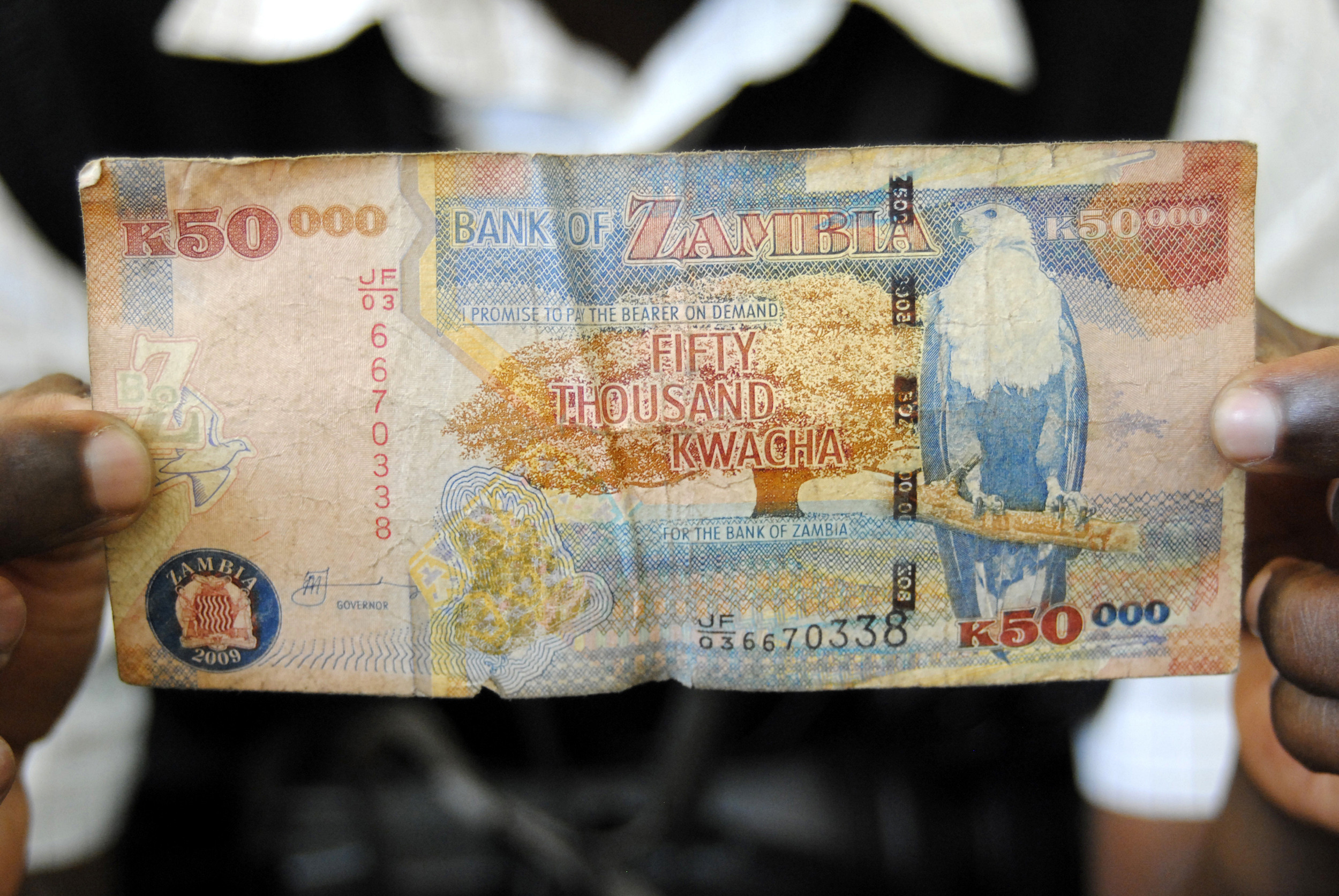LUSAKA | The Comesa market in Zambia’s capital Lusaka appears to be bustling, but traders say business is suffering as a weak local currency pushes up prices, adding to the hardships of a population already struggling with soaring living costs.
The dollar is killing us,” said Ben Mwandila, who sold 15 imported blankets a month last year for a 50 kwacha (US$2.75) profit per sale but is now selling only two or three.
A weak kwacha has stopped inflation falling in recent months, which officials and economists blame in part on Zambia’s struggles to complete a debt restructuring since it defaulted on its debts in 2020, as well as on disappointing copper output.
“Bondholders who had invested in our local markets and whose bonds or whose investments are maturing are getting the money out and are not reinvesting,” said Natalie Mwila of the Centre for Trade Policy and Development, a Zambian think-tank.
“It’s putting pressure on our local currency … which obviously also has raised the cost of living.”
The kwacha had strengthened from above 22 per dollar in July 2021, just before President Hakainde Hichilema took power, to as low as 15.4 kwacha per dollar in September 2022, boosted by confidence in the new government.
As the debt restructuring dragged on, however, the exchange rate climbed back above 21 kwacha in March, although it has firmed up 14 percent so far this month.
Inflation fell from 24.6 percent in August 2021 but has stayed between 9 percent and 10 percent since June 2022 . In the third quarter of 2022, foreign investors held 24.7 percent of Zambia’s domestic government debt, down from 29 percent a year earlier, according to the most recent central bank data.
Meanwhile, ordinary Zambians are struggling. A basic monthly food basket cost almost 9 000 kwacha in December, more than twice the national average monthly earnings of 4 393 kwacha, according to the Jesuit Centre for Theological Reflection, which tracks food prices.
The International Monetary Fund (IMF) this month praised the southern African copper producer for its economic reforms, but said it would only lend the country $188 million from an agreed loan programme if Zambia’s bilateral creditors agreed on debt relief.
The country is still working on a restructuring with both its bilateral creditors and private bondholders, but the talks have been dragging on amid a lack of consensus over how to provide the debt relief.
In remarks published on Friday, People’s Bank of China governor Yi Gang reiterated China’s willingness to implement debt talks under the Common Framework, a process introduced by the G20 in 2020 that the three African countries are using.

For comments, Feedback and Opinions do get in touch with our editor on WhatsApp: +44 7949 297606.
